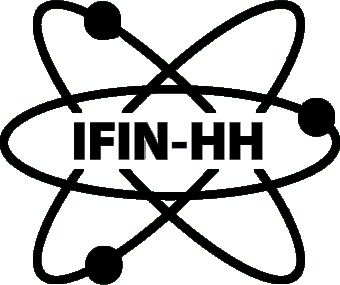1. RESEARCH STRATEGY
The R&D at DFCTI is focused on four strategic directions:
- The investigation of the properties of subatomic systems through computational physics methods;
- Numerical prediction of the properties of metamaterials, graphene-type materials and biomolecules connected to inorganic systems, using ab-initio and machine-learning methods
- The investigation of complex biomolecular systems through molecular modeling
- The development of IT services and applications to support the analysis of NGS data.
These directions and the IT policy of the department are consistent with the National Strategy for Research, Innovation and Smart Specialisation (SCISI) .
2. TOPICS
- Ab initio calculations for the electronic structure of materials: defect characterization, doping effects, nanostructuring.
- Simulation of nanoelectronic devices for quantum information processing: quantum sorters, quantum logic gates, nanotransistors.
- Modeling perovskite solar cells: dynamic J-V characteristics, impedance spectroscopy.
- Machine learning techniques for condensed matter problems, materials and quantum many-body systems; Inverse design of materials and devices.
- Modeling complex molecular structures to study antimicrobial peptide action mechanisms on plasma and bacterial outer membranes.
- In silico screening and molecular dynamics simulations of molecular inhibitors binding to protein targets like transmembrane proteins and protein kinases.




